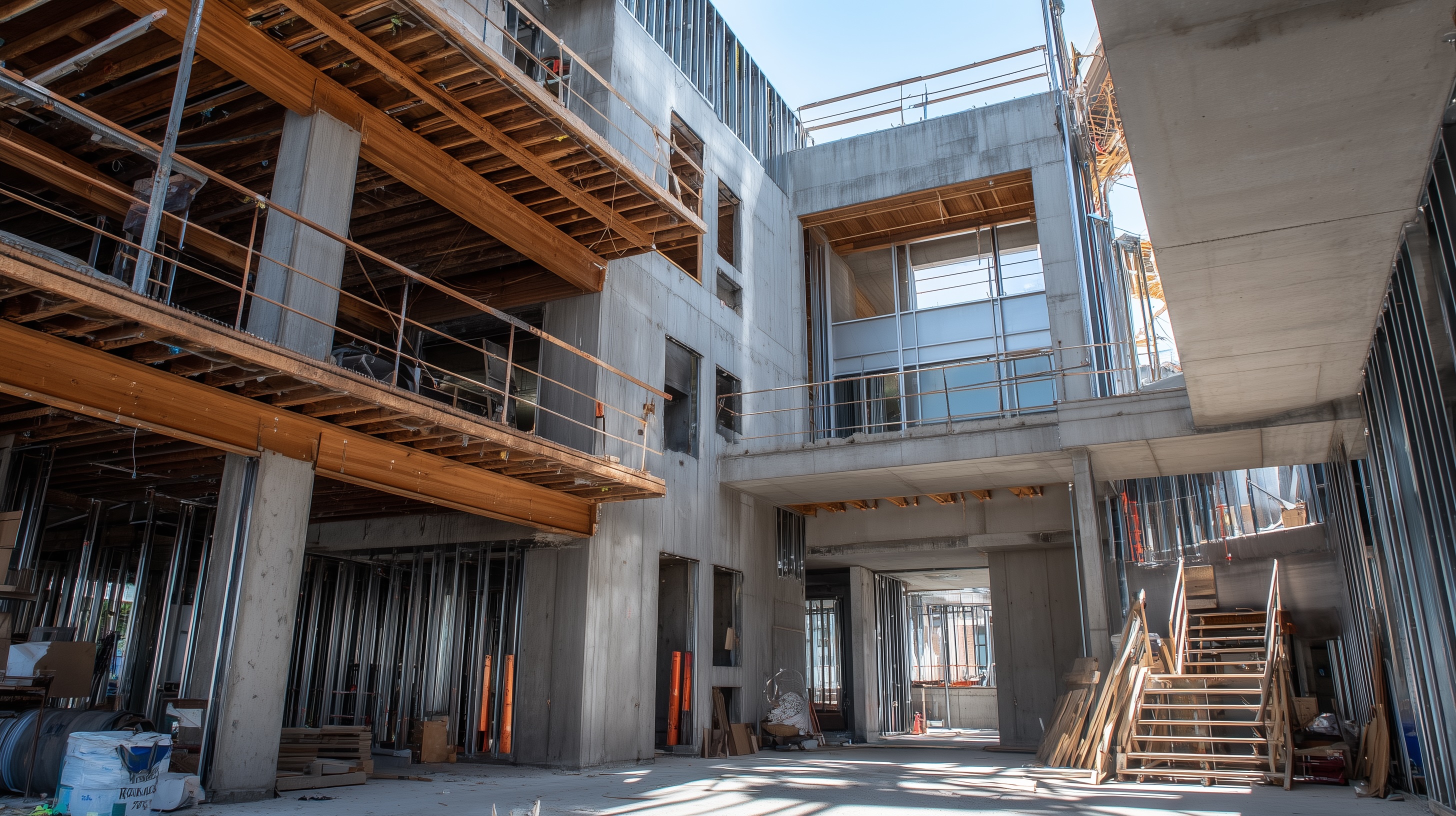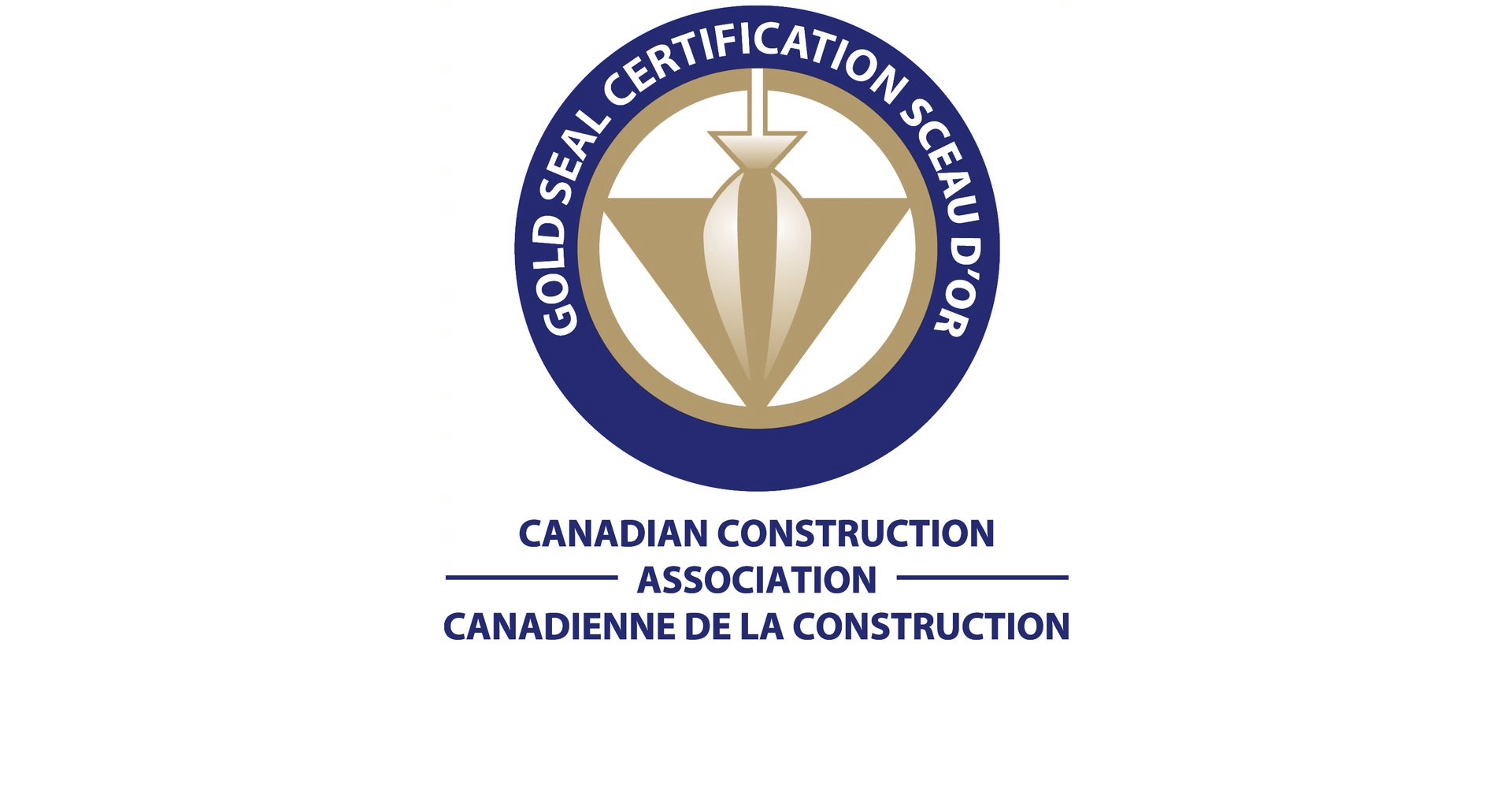
The True Cost of Delays: How Proactive Project Management Protects Your Bottom Line
Are you looking for a partner to efficiently guide you through the complexities of a capital project? Would you like to drive collaboration and establish strong working partnerships across the entire project team? Are you seeking accurate, unbiased cost clarity and improved risk mitigation?
The True Cost of Delays: How Proactive Project Management Protects Your Bottom Line

In commercial construction, time is capital. Every lost day compounds cost — not just on site, but across financing, operations, and opportunity.
Delays don’t happen overnight. They build slowly through misalignment, poor documentation, or reactive management.
Proactive project management doesn’t just keep the schedule. It protects the return on investment.
1. Time Is the Most Expensive Material on Site
Labour, materials, and equipment can be measured and replaced. Time cannot.
A one-week delay on a multi-million-dollar project ripples through loan interest, labour demobilization, and equipment standby charges.
Worse, it delays revenue — retail openings, tenant occupancy, or operational use — directly cutting into profitability.
Schedule control isn’t about speed. It’s about financial protection.
2. Proactive Management Starts Before Construction
Delays don’t begin in the field; they begin in planning.
A proactive manager identifies risk before it hits the schedule — supply chain volatility, permit lag, or coordination gaps between consultants.
Through critical path mapping, early procurement, and design validation, risks are quantified and controlled before they disrupt execution.
Once construction starts, it’s too late to plan.
By then, you’re paying to react.
3. Communication Is a Risk Tool, Not a Formality
Every schedule delay is a communication failure at some level — between trades, consultants, or owners.
Proactive management implements structured reporting: daily logs, weekly summaries, and variance tracking tied directly to project milestones.
This is not bureaucracy. It’s control.
A project only runs on time when every party understands where time is being lost.
4. Documentation Defines Accountability
When delays occur, documentation determines who pays.
A disciplined record of RFIs, change orders, and meeting minutes isolates cause and impact. This protects clients from cost transfer and ensures accountability under contract.
The best managers don’t argue about responsibility — they prove it with records.
5. Protecting ROI Through Process
Time control is cost control.
Proactive project management turns uncertainty into structure — giving owners measurable visibility across schedule, scope, and spend.
The return is simple: predictability, stability, and protection of capital.
The Westgate Koenig Standard
At Westgate, we manage schedule the same way we manage cost — with precision and discipline.
Our systems are built to identify issues before they affect the critical path.
We don’t chase delays. We prevent them.
About Westgate
At Westgate, our team of construction professionals, distinguished by Canada's prestigious Gold Seal certification - the highest national benchmark for construction management excellence - brings together the best of two nations.
Popular Blogs & Projects
Contact Us
Let’s successfully turn your vision into reality.
Our Services
Pre-Construction
Project Controls
Design-Build Services
General Contracting
Construction Management
Service Division
Stay up to date with westgate














